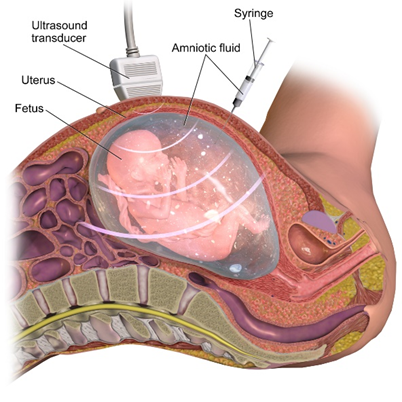The nurse should recognize that which of the following statements most accurately describes the client focus of maternity nursing?
Women during labor and birth
Mothers and fathers during hospitalization for childbirth
Families during the childbearing process
Childbearing women during acute illness
The Correct Answer is C
Explanation:
A. Women during labor and birth:
Maternity nursing does involve caring for women during labor and birth. Nurses in labor and delivery units provide support, monitoring, and assistance to women as they progress through labor and deliver their babies. This aspect of maternity nursing focuses specifically on the care of women during the active stages of childbirth, including pain management, labor progression, and ensuring a safe delivery experience.
B. Mothers and fathers during hospitalization for childbirth:
Maternity nursing also involves caring for both mothers and fathers during their hospitalization for childbirth. Nurses provide education, support, and assistance to new parents as they adjust to the postpartum period and learn to care for their newborns. This includes teaching about newborn care, breastfeeding support, postpartum recovery, and emotional support for the entire family unit.
C. Families during the childbearing process:
This choice is the most comprehensive and accurate description of the client focus in maternity nursing. Maternity nursing encompasses care for entire families during the entire childbearing process, from preconception to postpartum. This includes providing education, support, and guidance to expectant parents, assisting with childbirth, promoting bonding and attachment between parents and newborns, and addressing the physical and emotional needs of the family as they navigate the transitions of pregnancy, childbirth, and early parenthood.
D. Childbearing women during acute illness:
While maternity nursing does involve caring for childbearing women during periods of acute illness related to pregnancy or childbirth complications, this focus is more limited compared to the broader scope of caring for families throughout the entire childbearing process. Maternity nurses may be involved in managing complications such as preeclampsia, gestational diabetes, or postpartum hemorrhage, but their role extends beyond acute illness management to include comprehensive prenatal, intrapartum, and postpartum care for women and their families.
Nursing Test Bank
Naxlex Comprehensive Predictor Exams
Related Questions
Correct Answer is D
Explanation
Explanation:
The safest recommendation for alcohol intake during pregnancy is to avoid alcohol completely. There is no known safe level of alcohol consumption during pregnancy, as even small amounts of alcohol can potentially harm the developing fetus. Alcohol crosses the placenta and can lead to a range of serious complications known as fetal alcohol spectrum disorders (FASDs), including physical, behavioral, and intellectual disabilities.
Correct Answer is C
Explanation
Explanation:
A. Braxton Hicks contraction
Braxton Hicks contractions are often referred to as "practice" contractions and are common during pregnancy. They are typically irregular and do not cause cervical changes. While discomfort after an amniocentesis procedure can sometimes trigger Braxton Hicks contractions, they are not usually a cause for immediate concern unless they become frequent, intense, or are accompanied by other signs of preterm labor, such as regular contractions, lower back pain, pelvic pressure, or changes in vaginal discharge.
B. Amniotic fluid contains fetal urine
The presence of fetal urine in the amniotic fluid is a normal and expected process during pregnancy. Fetal urine production contributes to the volume and composition of amniotic fluid, helping maintain the environment in the uterus and supporting fetal development. This finding is not directly related to the client's discomfort after an amniocentesis procedure and is not a cause for immediate concern unless there are other complications or abnormalities related to the amniotic fluid composition.
C. Prolonged vaginal bleeding
Prolonged vaginal bleeding after an amniocentesis procedure is a significant finding that requires immediate attention. While some spotting or mild bleeding can occur after the procedure, prolonged or significant bleeding may indicate complications such as uterine injury, placental abruption, or other issues that need urgent assessment and intervention by healthcare providers.

D. Lab results reveal abnormal chromosome cells
Abnormal chromosome cells found in the amniotic fluid sample obtained during amniocentesis may indicate genetic abnormalities or conditions in the fetus. While this finding is significant and requires follow-up and further evaluation, it is not an immediate concern in terms of the client's discomfort or the need for priority action by the nurse unless it is associated with other urgent clinical signs or symptoms.
Whether you are a student looking to ace your exams or a practicing nurse seeking to enhance your expertise , our nursing education contents will empower you with the confidence and competence to make a difference in the lives of patients and become a respected leader in the healthcare field.
Visit Naxlex, invest in your future and unlock endless possibilities with our unparalleled nursing education contents today
Report Wrong Answer on the Current Question
Do you disagree with the answer? If yes, what is your expected answer? Explain.
Kindly be descriptive with the issue you are facing.
